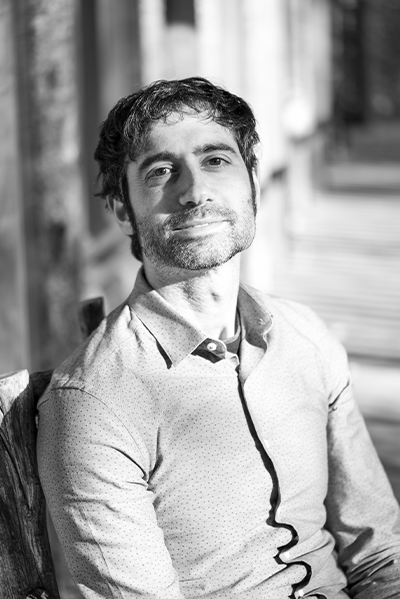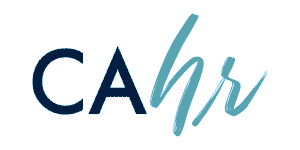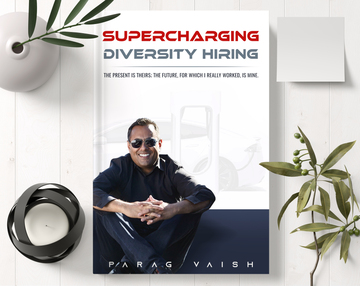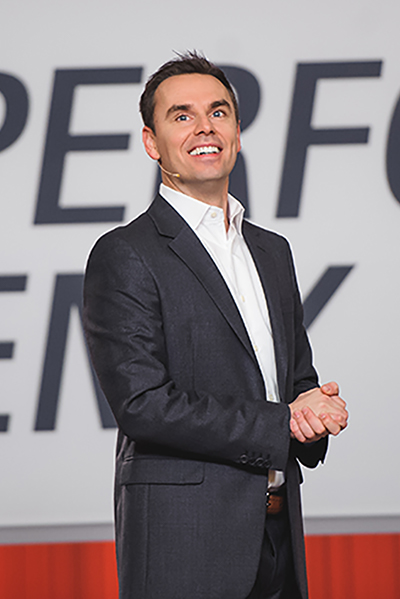
Including Financial Well-being in Wellness Programs: CAHR20 Interview with Eva Allen
Wellness programs must address more than stress relief.
Financial well-being is not nearly integrated enough into the holistic notion of health. When was the last time your doctor asked about your monthly budget ? Have you ever heard a yoga teacher lead off a meditation with retirement planning tips? And yet, feeling confident about and in charge about one’s financial situation is an enormous source of peace of mind. Studies show that not enough of our nation’s schools are addressing the lack of financial literacy in classrooms, for both students AND teachers. Here’s where HR can help. 2020 California HR Conference speaker Eva Allen, Engagement Director at Cigna, is leading the charge on changing how wellness programs are defined and the conversations surrounding them. We interviewed her about what HR leaders can do to ensure a “whole-person” approach is taken when managing worksite wellness initiatives. To see Eva speak about this critical topic, register today for the 2020 California HR Conference, this October 27 – 29. Read on and be sure to sign up for your CAHR20 Early Bird Ticket before prices increase after October 16! Why See Eva at CAHR20?
Why See Eva at CAHR20?
Eva Allen is the Engagement Director for Cigna leading the consultative engagement operation for large employer groups in the Southern California and Nevada markets. She has been a wellness ambassador with Cigna for over a decade. She is responsible for the training, development and performance management of the Client & Customer Engagement team, including Engagement Consultants and Well-Being Coordinators. Eva’s career with Cigna began in June 2007. She is honored as an awarded graduate of the specialized group school program, Cigna Academy. She initially served as a Regional Sales Manager in the greater Los Angeles market.
She transitioned to the role of Well-Being Strategist in April 2013 in pursuit of her passion for wellness and helping others create and maintain healthy lifestyle behaviors. As a Well-Being Strategist, Eva effectively delivered tailored outcomes-based worksite wellness solutions for Cigna clients throughout Southern California. Eva became a Senior Well-Being Strategist and held Team Lead responsibilities in Los Angeles, Orange County and San Diego throughout 2014.
In 2016, Eva transitioned to the role of Engagement Director. She currently directs the well-being team and brings to life the vision of initiatives in the Southern California and Nevada market. Eva holds her Master’s in Business Administration (MBA) from University of Hartford’s Barney School of Business and Bachelor of Science (BS) in Cognitive Science from University of California, San Diego with a specialization in Human Behavior. She is a Certified Wellness Program Coordinator (CWPC).
She also sent us a video to give you a preview of her talk and her energy as a speaker.
Without further ado, here is our interview with CAHR20 Presenter Eva Allen!
CAHR20: What are some of the most common missteps organizations make when developing wellness programs for their employees?
Eva Allen: Traditional worksite well-being programs historically focus solely on nutrition and physical activity. At Cigna, we believe worksite well-being programs embrace a whole-person health approach by connecting Body + Mind across five dimensions of well-being: Physical, Emotional, Environmental, Financial and Social.
A one-dimensional approach in designing a worksite well-being strategy is a common misstep, which leads me to another key word – STRATEGY. You may think it’s intuitive; you’d be surprised at how many organizations have well-being programs designed without a strategic approach, “Let’s throw the entire bowl of spaghetti at the wall and see what sticks!” It is imperative to have a defined strategy inclusive of evaluation metrics in place when developing a worksite well-being program.
A clear strategy with measurable goals allows you to evaluate year-over-year and evolve your well-being program as needs change and goals are met. That’s why employer groups who have a certified wellness professional to provide consultative well-being engagement guidance is a strong value-add, and why Cigna prioritizes this role as a part of your designated account team for support in designing and executing your well-being strategy throughout the year and beyond.

CAHR20: When we hear about company well-being programs, finances aren’t usually included with the mindfulness, diet, stress-relief, etc. Why is that?
EA: This is true! Again, traditional worksite well-being programs tend to be less multifaceted. I am grateful we have seen a significant increase in recognition of mental health and emotional well-being over the past 5 years in the health services industry. The more research we conduct around behavior, lifestyle and health, the better we understand how the Body + Mind are one.
In our fast-paced 21st century world, we believe there are five dimensions of well-being we have the ability to influence within the workplace to help support positive behavior change: Physical, Emotional, Environmental, Financial and Social. We do not often see these last three dimensions in traditional worksite well-being programs, yet they all play a huge role in our health. Each dimension of well-being is not a silo, and you’ll find a lot of interconnectivity. For example, “85% of Americans are anxious about their financial lives” (Employee Financial Health, Center for Financial Services Innovation, 5/30/17).
In this example, you can see how financial well-being and emotional well-being are connected. The various elements of our lives impact one another. When organizations understand the importance of a multi-dimensional approach to designing their worksite well-being program, they increase their ability to influence positive behavior change and improved overall health.
CAHR20: How has the COVID-19 pandemic changed the way HR needs to approach their wellness programs??
EA: The answer is going to vary based on your industry, demographics, resources, goals and objectives. A strong well-being programs is going to be tailored to your unique architecture and foundations as an organization. Some organizations have needed to pivot more than others, especially those who have relied heavily on in-person and onsite wellness initiatives.
One commonality as a result of the COVID-19 global pandemic is HR has seen a fundamental shift in virtual care and connectivity alongside the demand for an engaging digital platform. We have seen companies lean heavily on these resources, and come up with some creative and unique ideas to engage their population. Join me for my Q&A session to ask questions directly and learn more!
CAHR20: Without giving away too much, why should CAHR20 attendees see your presentation?
EA: Well, there may be times where you feel as though life is pure chaos…but by the end of the session, I guarantee you will leave with a sense of hope and some fantastic actionable steps for you to create a workplace culture inclusive of financial well-being. Join and stick around until the end to reap the reward! The presentation is fun, informative and insightful.
Thank you for your time, Eva!
Gain even more actionable insights from Eva Allen LIVE at the Virtual 2020 California HR Conference.
Your time and budget are especially precious these days. That’s why we designed the Virtual CAHR20, happening October 27-29: a compact, 3-day live event featuring the top minds from a variety of industries, providing you with a whopping 30+ HR recertification credits.
Plus, CAHR20 attendees get early access to complimentary weekly HR content & credits with our PIHRA Road to CAHR20 Webinar Series every Monday at 2:15pm!
Until 11:59pm Pacific on October 16, 2020, you can take advantage of the CAHR20 Early Bird Rate to secure excellent HR professional development – including Road to CAHR20 Bonus Sessions – at a reasonable cost.
Register for CAHR20 today!
Advance your organization.
Accelerate your professional growth.
Attend CAHR20!
![]()


 Why See Parag at CAHR20?
Why See Parag at CAHR20?
 Why See Aithan at CAHR20?
Why See Aithan at CAHR20?


